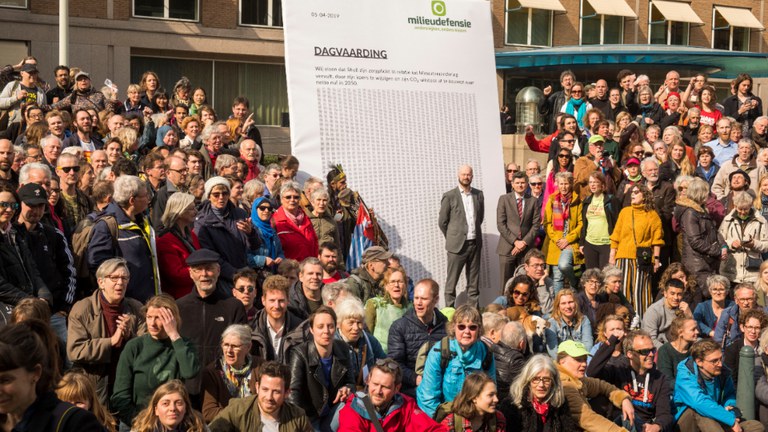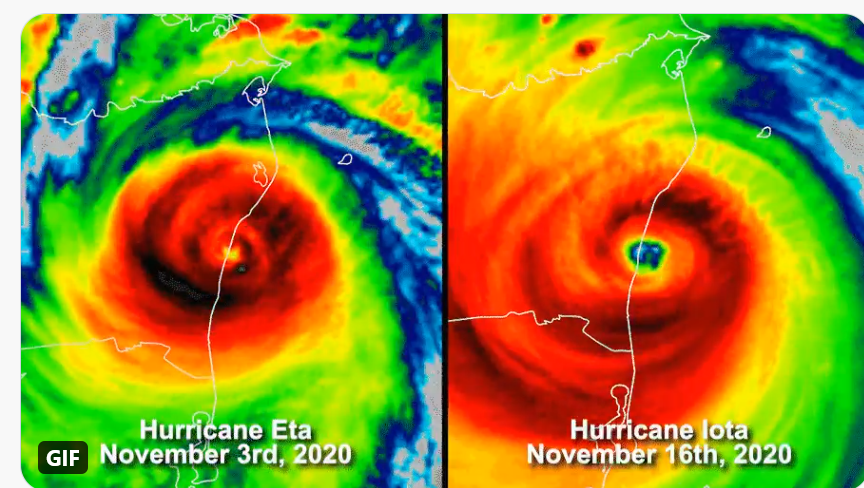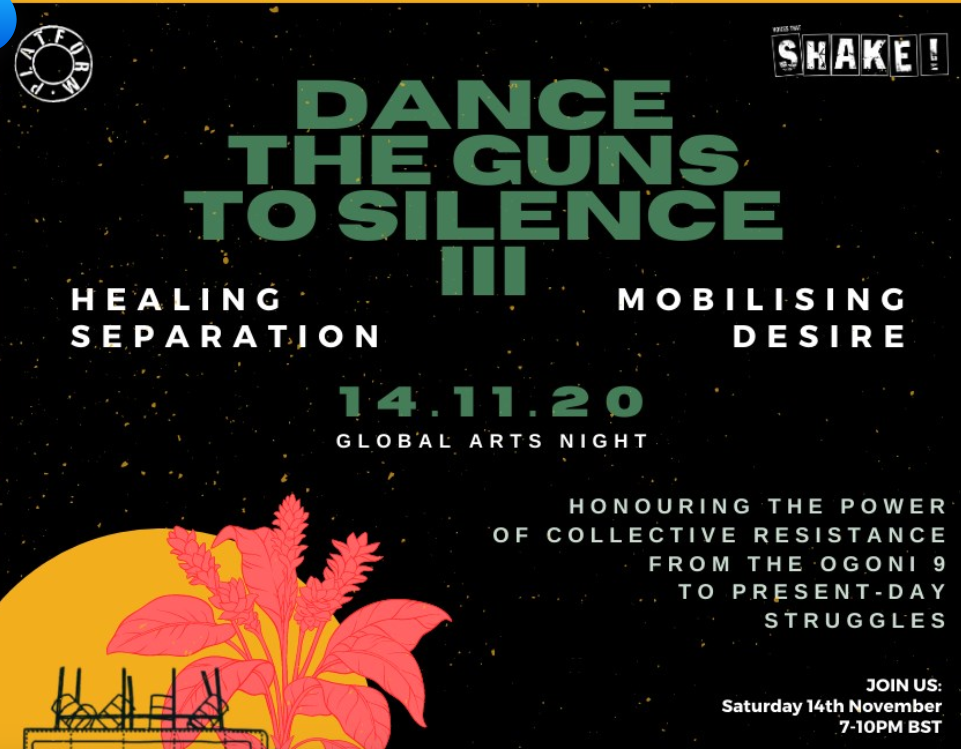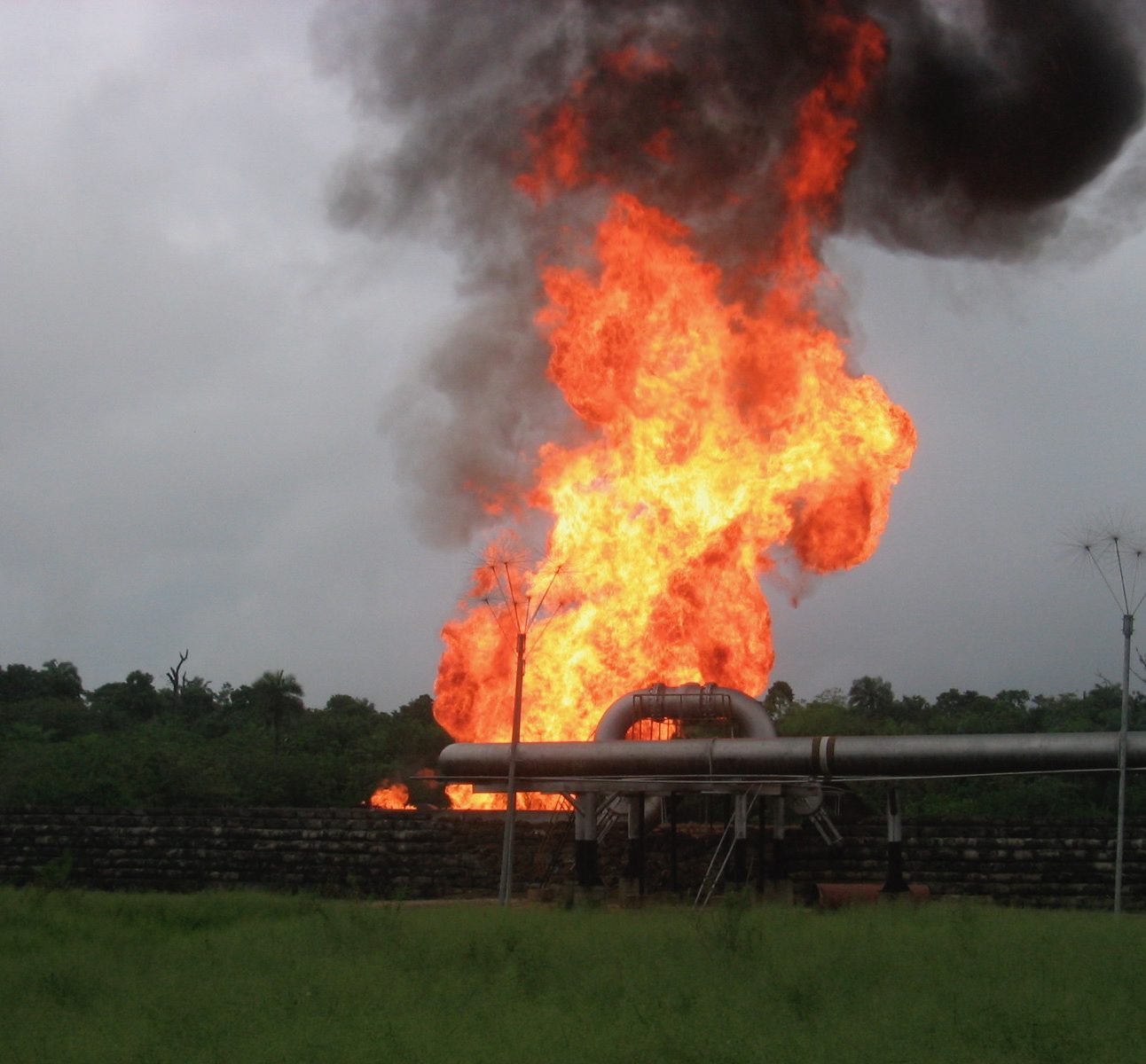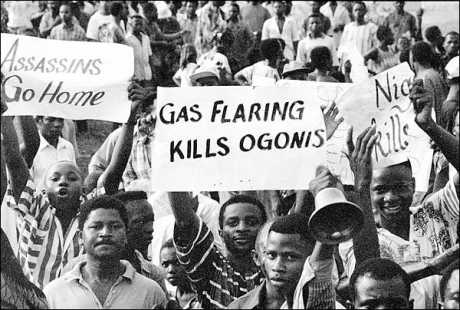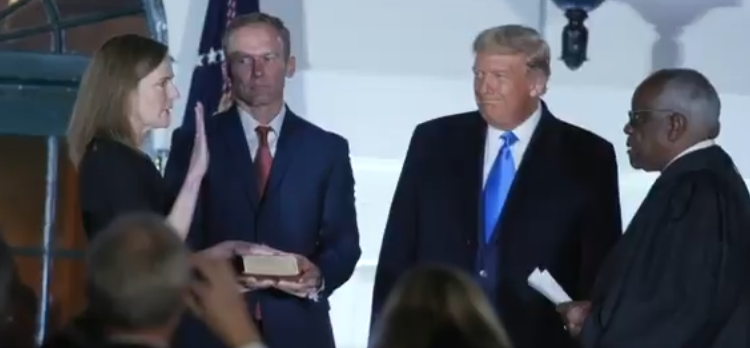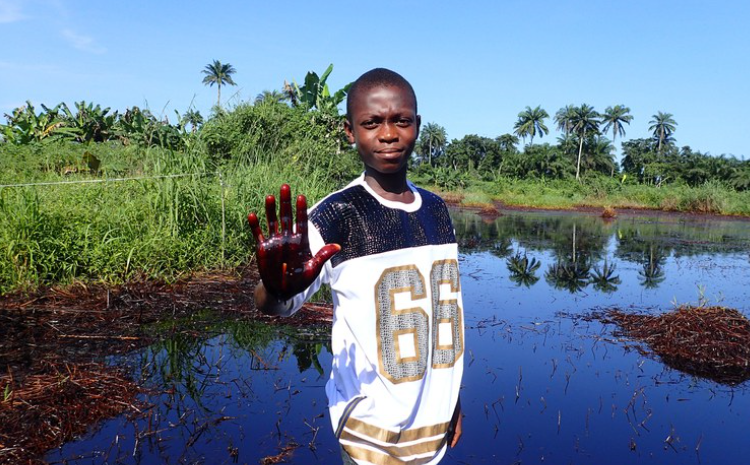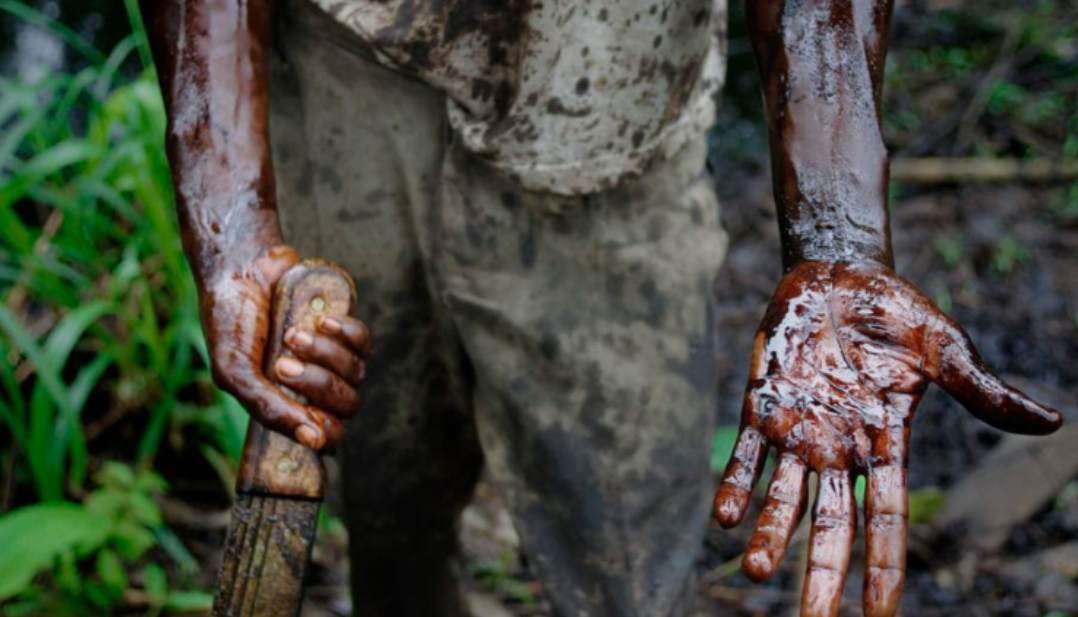
Another “watershed moment” as UK’s top court rules Nigerians can sue Shell too
The UK Supreme Court has ruled that two Nigerian communities – of more than 50,000 people - can bring their legal claims for clean-up and compensation against Royal Dutch Shell and its Nigerian subsidiary in the English courts.


